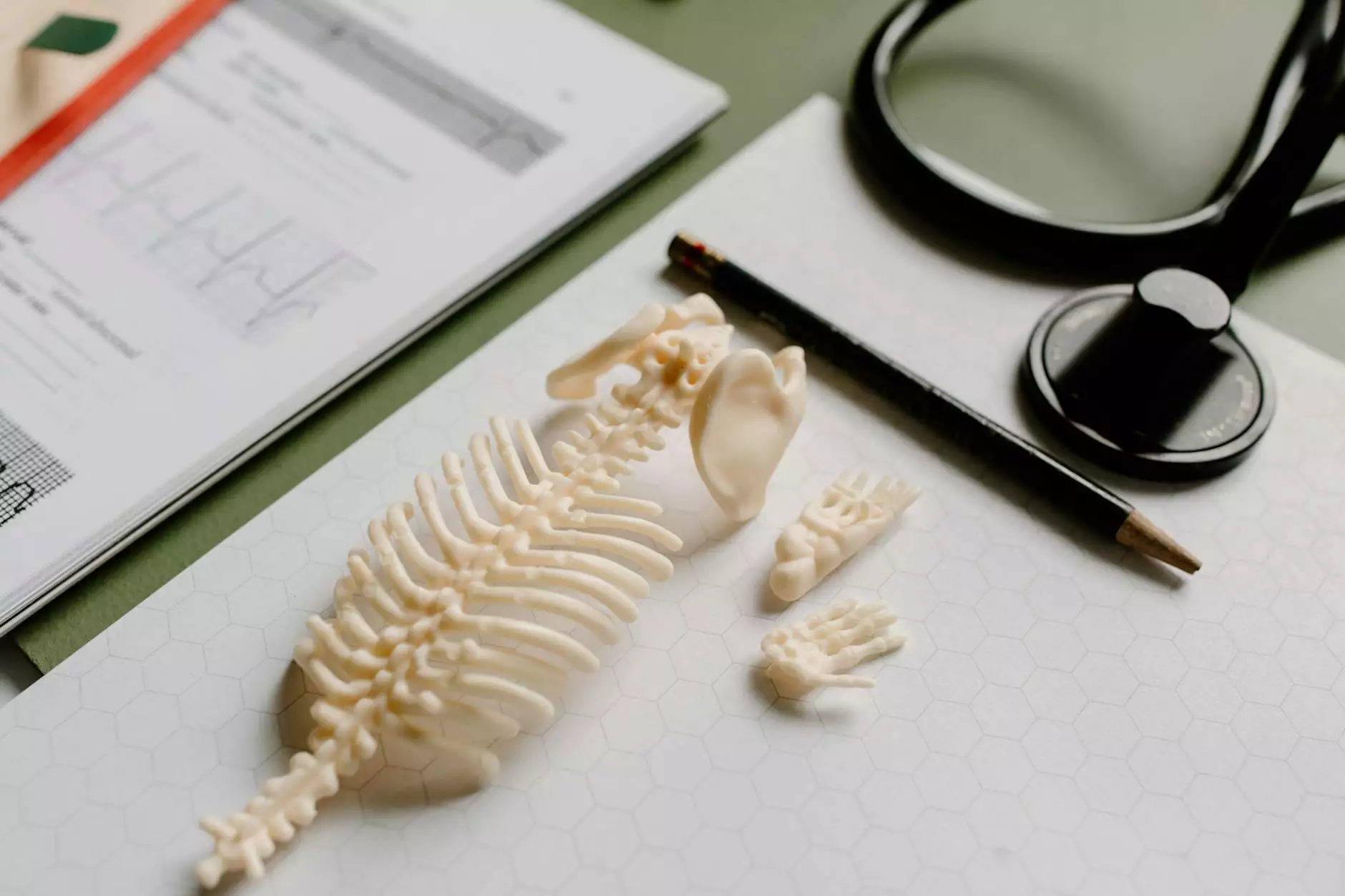Trouble getting around? Don't confuse cervical myelopathy - Norton Community Medical Associates
Health Equity
Understanding Cervical Myelopathy and Spinal Cord Compression
If you are experiencing difficulties with mobility, coordination, or even hand dexterity, it is essential to understand that these symptoms might not solely be a result of the natural aging process. In some cases, these signs could be indicative of a condition called cervical myelopathy, where the spinal cord becomes compressed or narrowed.
What is Cervical Myelopathy?
Cervical myelopathy is a spinal condition characterized by the compression of the spinal cord in the neck region due to various factors such as spinal stenosis, herniated discs, or degenerative changes in the cervical spine. This compression can lead to a range of symptoms that may affect your daily life and overall well-being.
Recognizing the Symptoms
Identifying cervical myelopathy symptoms can be challenging, as they tend to develop slowly over time and may be mistakenly attributed to the normal aging process. However, it is crucial to be aware of the common signs associated with this condition:
- Neck Pain: Persistent and worsening pain in the neck region, which may radiate to the shoulders and arms.
- Loss of Balance: Difficulty maintaining balance while walking or performing daily activities.
- Weakness: Gradual loss of muscle strength, particularly in the arms or hands.
- Numbness and Tingling: Sensations of pins and needles, numbness, or tingling in the hands and fingers.
- Changes in Fine Motor Skills: Difficulty with tasks requiring fine motor skills, such as buttoning a shirt or handling small objects.
- Impaired Coordination: Problems with coordination, such as stumbling or dropping items frequently.
- Bladder or Bowel Dysfunction: Changes in urinary or bowel habits, including difficulty controlling them.
Diagnosis and Treatment Options
If you suspect that you may be experiencing symptoms of cervical myelopathy, it is crucial to consult a qualified healthcare professional. A comprehensive evaluation will be performed, including a physical examination, medical history review, and imaging tests such as X-rays, MRI, or CT scans.
The diagnosis will help determine the extent of spinal cord compression and identify the underlying causes contributing to the condition. Based on the findings, your healthcare provider will recommend an appropriate treatment plan.
Treatment options for cervical myelopathy can vary depending on the severity of symptoms and the specific cause. Non-surgical approaches such as physical therapy, medications, and lifestyle modifications may be recommended for milder cases.
In more severe cases where conservative treatments do not provide sufficient relief, surgical intervention may be necessary. Surgical procedures aim to decompress the spinal cord and stabilize the affected area of the spine.
Prevention Techniques and Lifestyle Modifications
While cervical myelopathy may not be entirely preventable, there are measures you can take to minimize the risk of developing or worsening the condition. Here are some helpful tips:
- Maintain Good Posture: Practice proper posture to reduce strain on your neck and spine.
- Exercise Regularly: Engage in exercises that strengthen the muscles supporting your spine and improve flexibility.
- Use Ergonomic Equipment: Ensure your workspace and daily tools are ergonomic to minimize stress on your neck and spine.
- Lift Properly: When lifting heavy objects, remember to use proper lifting techniques to avoid unnecessary strain on your neck and back.
- Manage Weight: Maintaining a healthy weight can help reduce stress on your spine.
- Avoid Smoking: Smoking can contribute to degenerative changes in the spine, so quitting smoking is beneficial for your spinal health.
Trust Norton Community Medical Associates for Cervical Myelopathy Care
At Norton Community Medical Associates, we understand the debilitating impact cervical myelopathy can have on your quality of life. Our team of experienced healthcare professionals specializes in the diagnosis and treatment of cervical spine conditions, including cervical myelopathy.
We are committed to providing you with personalized care and effective treatment options tailored to your specific needs. Our state-of-the-art facilities and advanced techniques ensure the highest level of care is delivered to our patients.
If you or a loved one is experiencing symptoms suggestive of cervical myelopathy, do not hesitate to reach out to Norton Community Medical Associates. Our compassionate team is here to guide you through the diagnostic process, offer expert advice, and provide the most appropriate treatment options to improve your condition and restore your quality of life.










